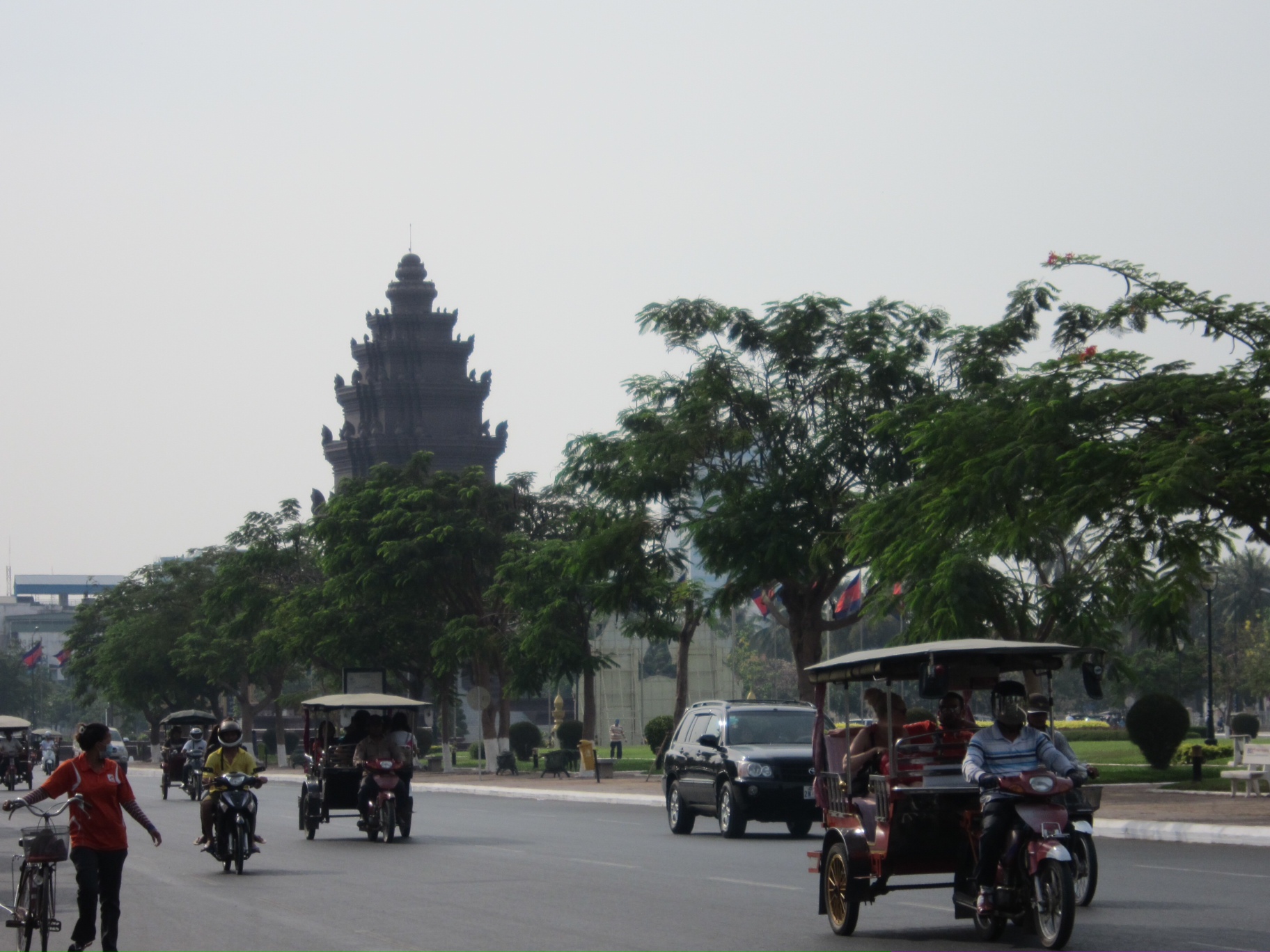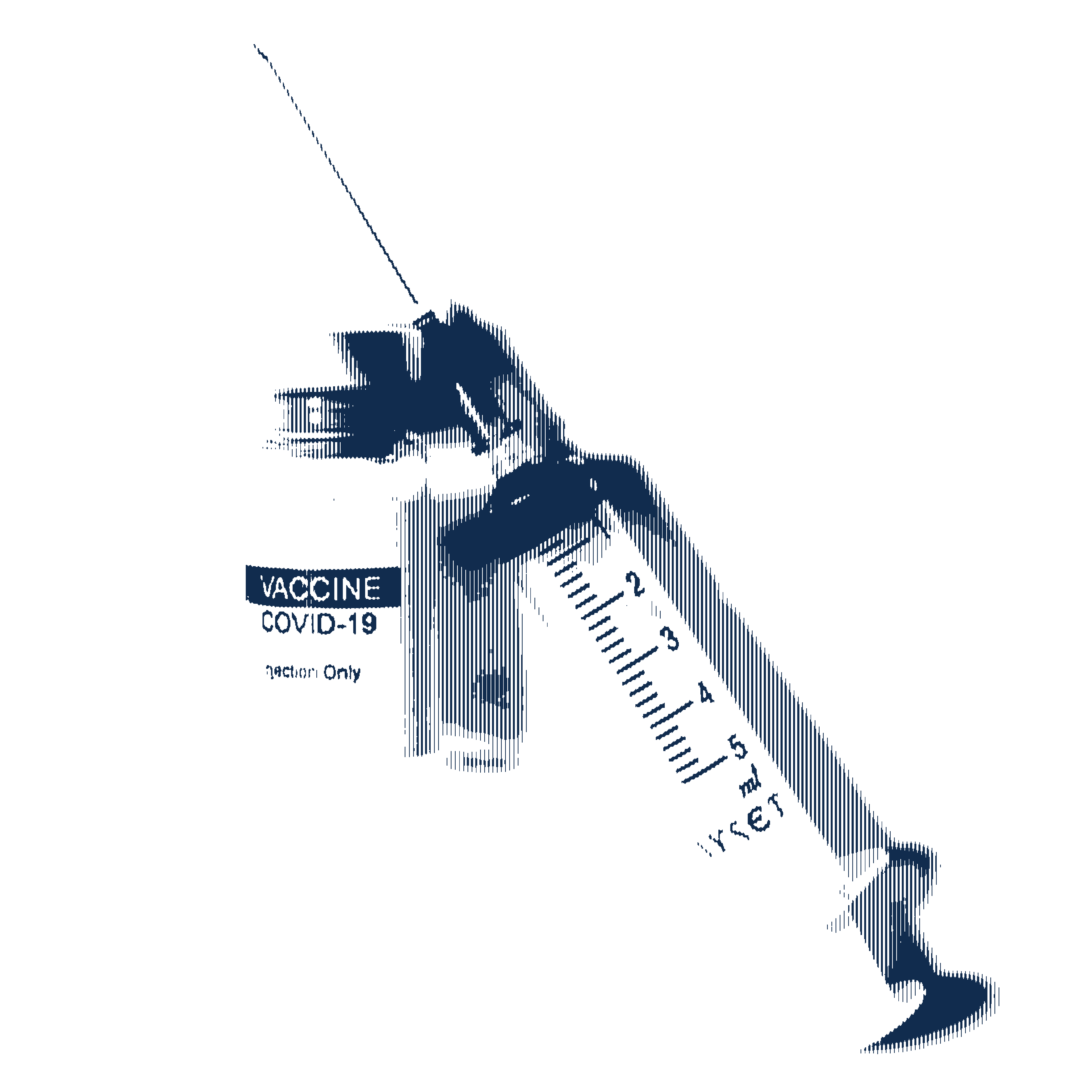How does one drum up interest in non-infectious, everyday, treatable diseases that are killing people in poor countries?
I've been looking at diabetes and high blood pressure in Cambodia. In the U.S., these are routine diseases, treated easily by primary care physicians. Finding the right balance of medicines and getting people to adopt the lifestyle changes that will help them deal with their illnesses is a challenge. But the medications are for the most part inexpensive, and pretty much anyone who wants care can get it.
Not so in Cambodia, and not for lack of patients. According to one frequently sited survey, 12 percent of adults in one Cambodian town and 20 percent in another had hypertension, and for diabetes it was 5 percent of people in one town and 11 percent in another. (For comparison, the rate of high blood pressure in the U.S. is about 33 percent, and about 11 percent of U.S. adults have diabetes.)
Untreated diabetes and untreated hypertension damage kidneys, eyes, hearts, and brains and eventually kill. The Cambodian government provides some care for acute problems (a heart attack, say), but almost nothing for chronic diseases, and most Cambodians avoid government-provided services because of cost and poor quality. Most Cambodians with diabetes or hypertension simply get no care, or even a diagnosis.
I talked to leaders of several non-governmental organizations who told me they just can't get the attention of international donors. One leader suspects the problem is that hypertension and diabetes aren't infectious diseases—they're not "one plane ride away" from the rest of us. And he complained that he's dealing with diseases that hit adults—he can't put up a picture of a baby and ask people to help save this child.
There are the beginnings of interest on a global health level. In 2011, the U.N. issued only its second health care declaration (the first was on HIV). It acknowledged the global burden and threat of non-communicable diseases, and noted that diabetes, hypertension, heart disease and other problems may lead to increasing inequalities between poor and rich countries. That positions NCDs nicely for the big discussions that are going to occur as the Millennium Development Goals approach their 2015 expiration date.
But making the chronic disease story compelling? Getting readers and listeners and viewers to care about conditions that don't sound particularly serious? That's a challenge when the killing of two million Cambodians during the Khmer Rouge regime didn't grab the attention of many people in the West until it was over.
The country is still recovering from that holocaust – members of the older generation especially are just happy to be alive. All the patients I met who were being cared for by the two NGOs that are taking an active interest in diabetes and hypertension were very grateful for the care. At the same time, they were absolutely undemanding—I got no sense that they felt they had a right to care, or that government should be promoting it.
There are lots of mysteries here. Why are these diseases—often related to obesity, lack of exercise, or the high stresses of modern life—on the rise in a country where most people are still farmers, and malnutrition is more of a problem than obesity? And did the terrors and starvation generated by the Khmer Rouge somehow make the survivors more prone to problems years later?
I'm going to try and figure out how to make you interested. Suggestions welcome.
Main Menu Navigation




